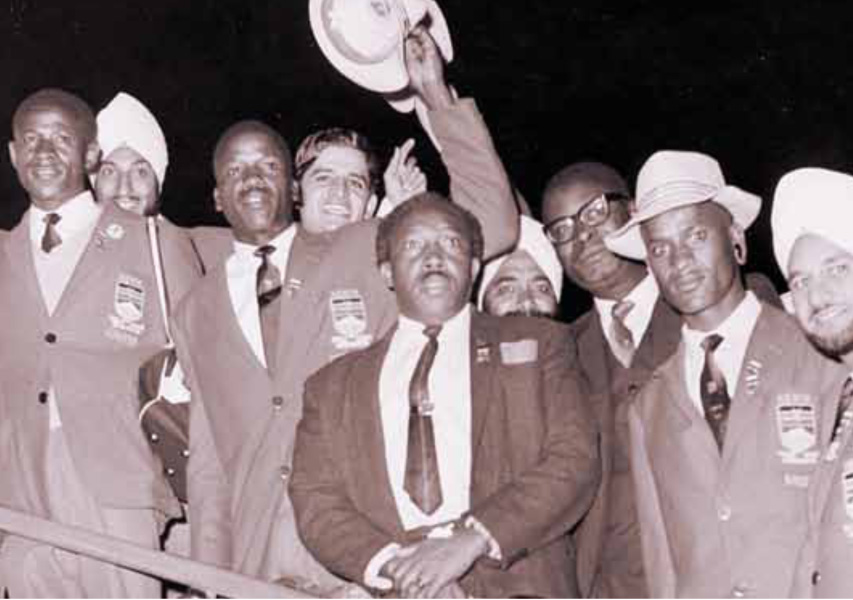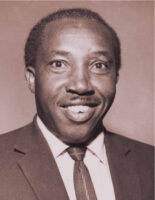
After a bright teaching career, Eliud Ngala Mwendwa was appointed to Kenyatta’s first Cabinet, served in several ministries and was the architect of some landmark achievements. As Minister for Labour, he was instrumental in the conception of the National Social Security Fund (NSSF) and the National Youth Service (NYS).
The son of a paramount chief, Mwendwa bestrode the politics of Kitui District like a colossus. He was born with the proverbial silver spoon in his mouth. He naturally turned the Mwendwa family into one of the wealthiest dynasties in Kenya. Thus the family of colonial Senior Chief Mwendwa Kitavi produced independent Kenya’s first African Chief Justice, Kitili, and three Cabinet Ministers in the Kenyatta and Moi governments — Ngala himself, his brother Kyale and Kitili’s widow, Nyiva.
Mwendwa was born in 1923 in a polygamous family at Kalia in Matinyani, Kitui. He looked after his father’s livestock, but for fun rather than duty. His father not only had enough herdsmen to tend his stock but also farm hands and armed askaris to guard and run errands for him.
Ngala joined Matinyani Primary School of the Africa Inland Church in 1935. He sat the Common Entrance Examination after three years to move to Kitui School. “It was at Kitui school that I saw white men for the first time,” says the octogenarian. “After completing my studies, I joined Alliance Boys in 1943.”
He then proceeded to Kagumo Teachers Training College. Mwendwa’s maiden trip to Nairobi was eventful because the passengers used a vehicle belonging to the county council. “The road from Kitui through Machakos was non-existent and we went to Nairobi via Thika, where we spent the night and then took a train to Nairobi and to Kagumo,” he says.

He graduated from Kagumo in 1946 and was employed as a teacher at his former school, Kitui, in 1947. In 1951, he was transferred to Matinyani DEB School, where he taught until 1957. As a teacher, he excelled as a sportsmaster and encouraged learners to take part in various disciplines.
Teaching was a noble profession. A teacher was not just a father to children in the village but also a community leader. It is no wonder that most Kenyans who went for higher education at Makerere College or abroad and later became prominent politicians or administrators were teachers either in local primary or in secondary schools.
In 1957, Mwendwa opened a shop. But in 1958 he left the business to his elder brother, Mang’uye, and took up a job as a tutor at Mutune Teachers Training College, now St Angela’s Girls Secondary School.
“I have never written an application for formal employment,” says Mwendwa, pointing out that unemployment for the educated was unheard of in those days. But the political heat in the country was rising with the colonial authorities having imposed emergency rules as the Mau Mau war intensified. Mwendwa was not at the forefront in the independence struggle. Indeed, he has faint memories of the freedom struggle, but says many chiefs were repressive and arrested people arbitrarily and on flimsy grounds.
